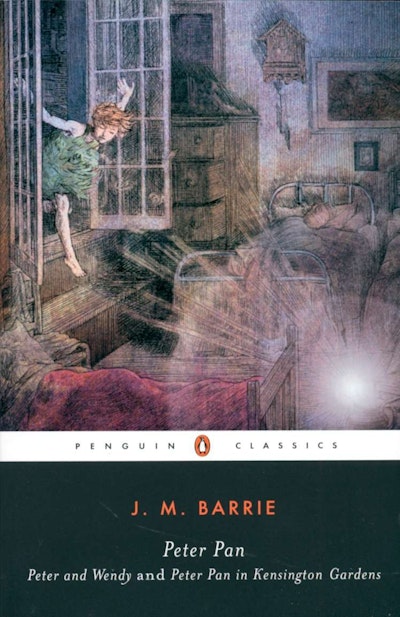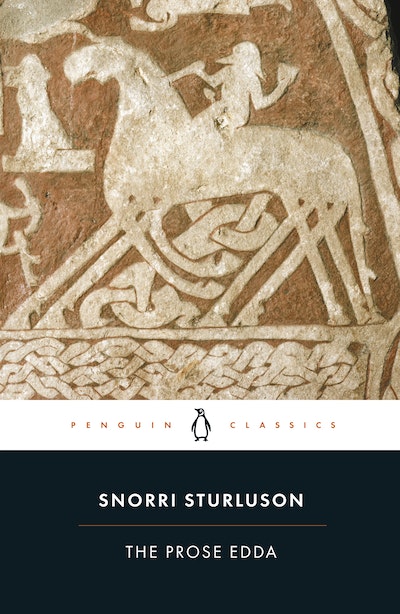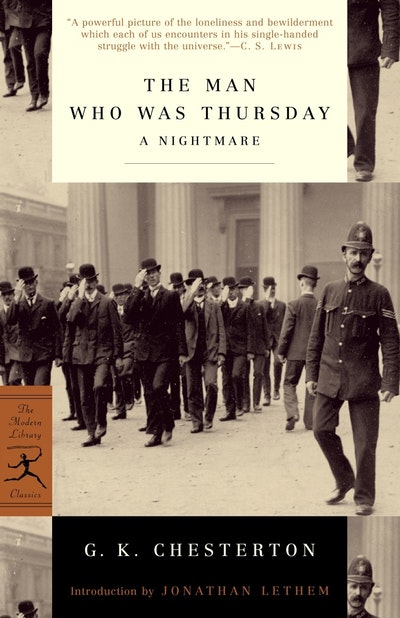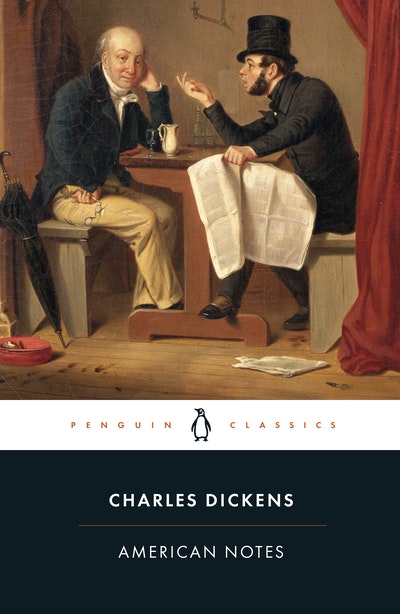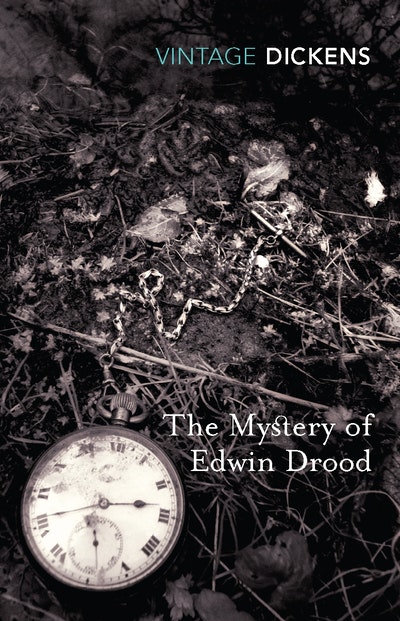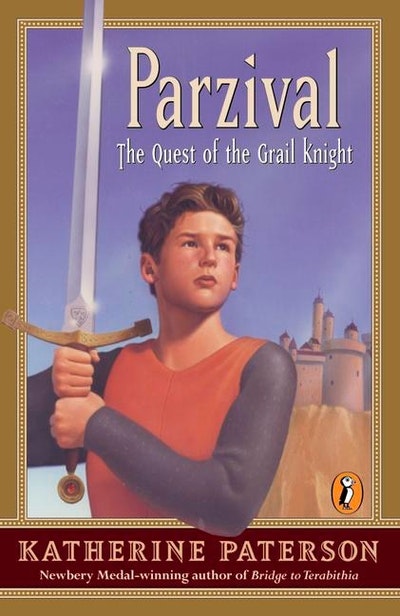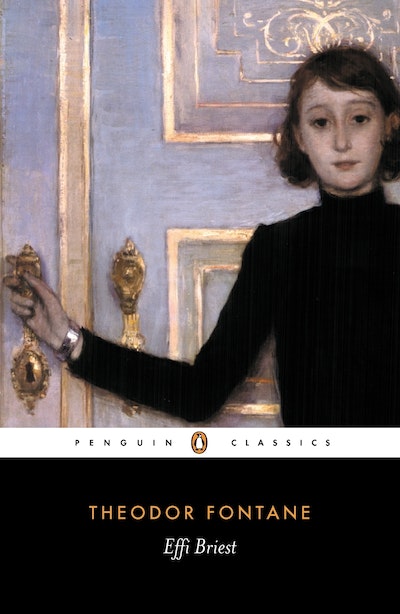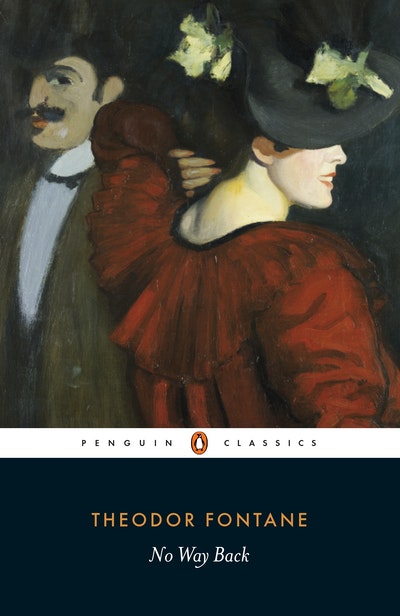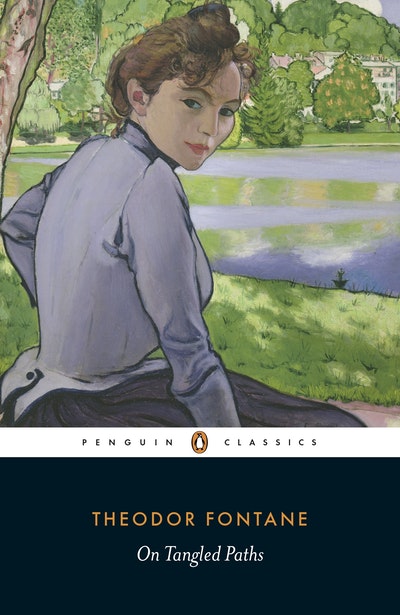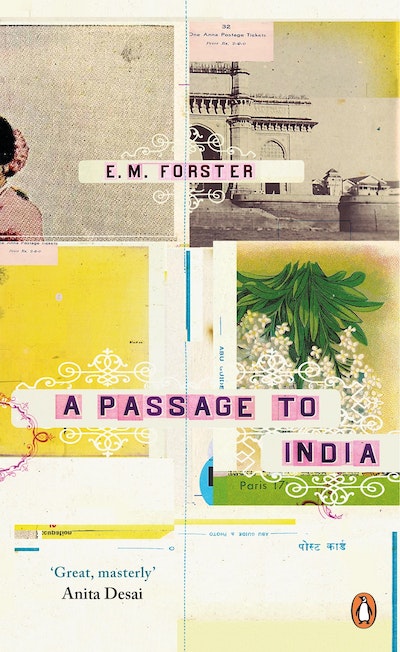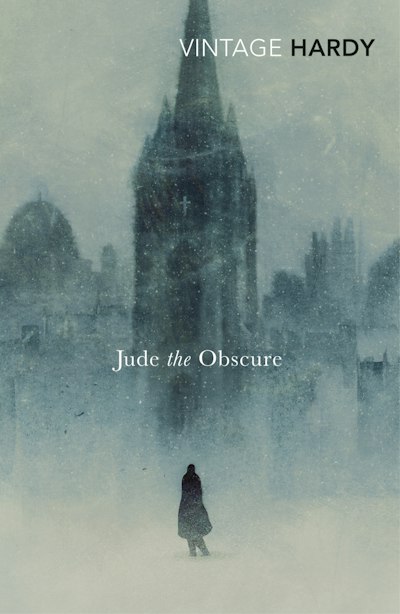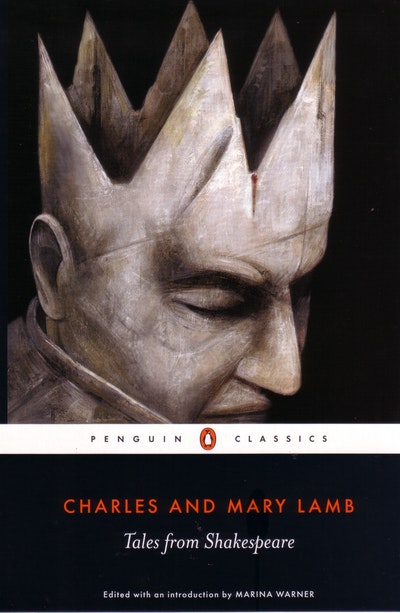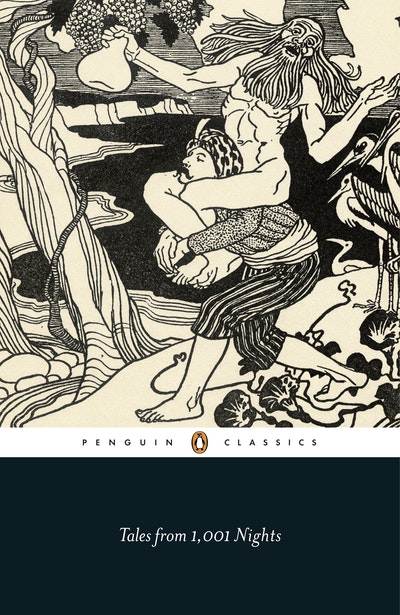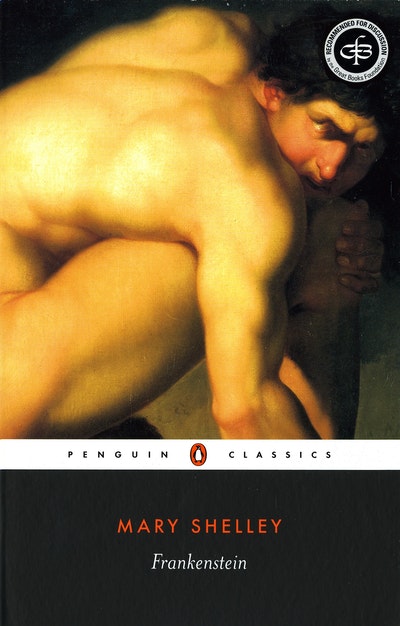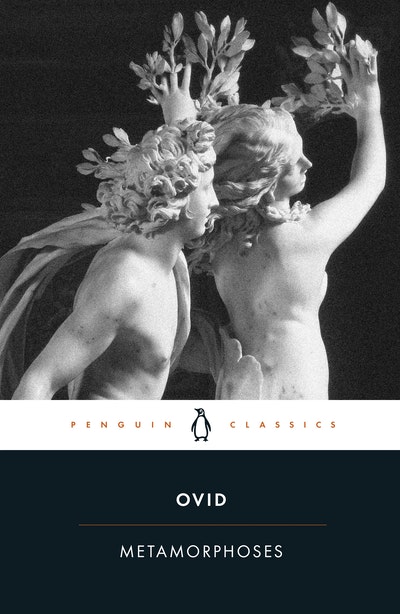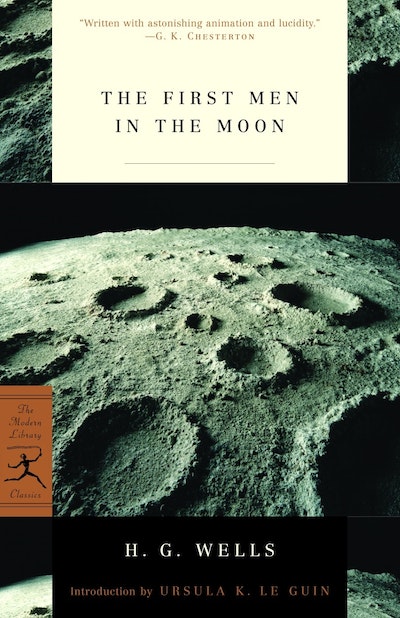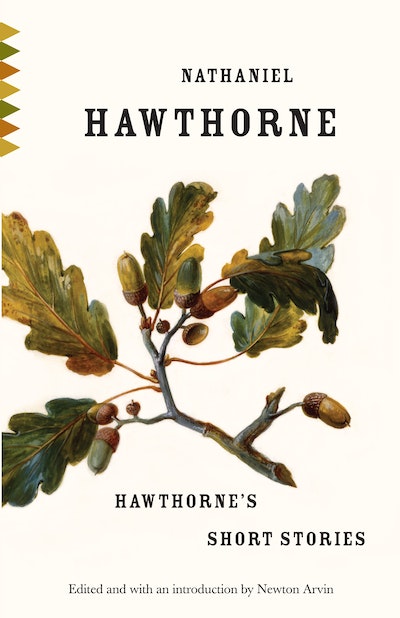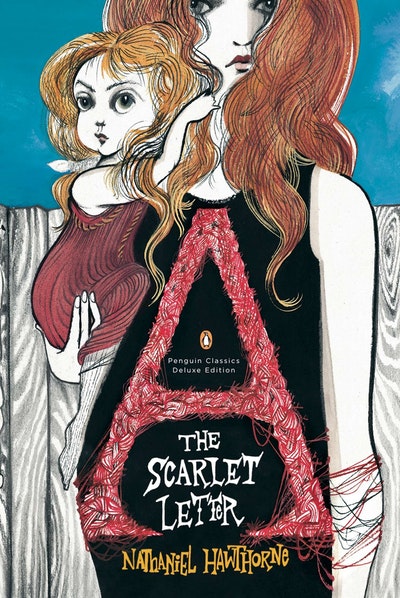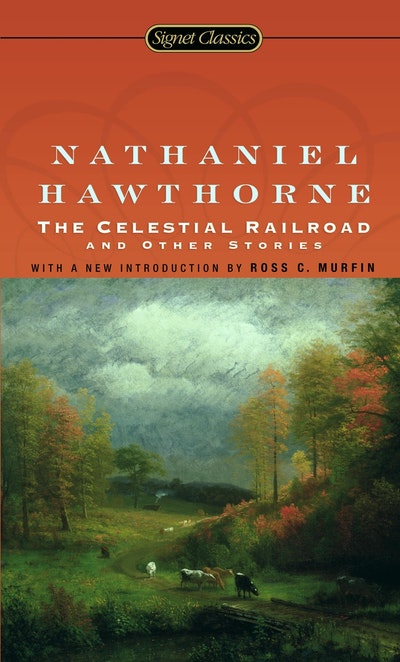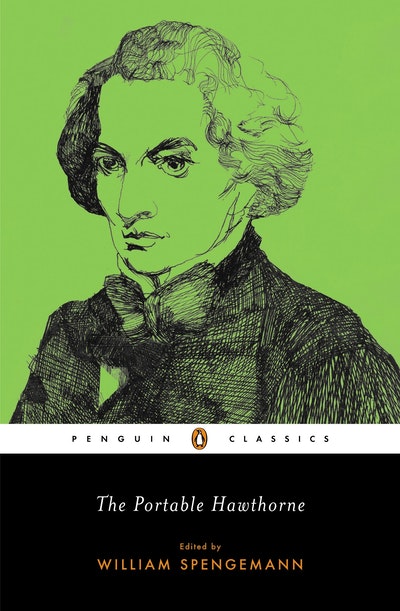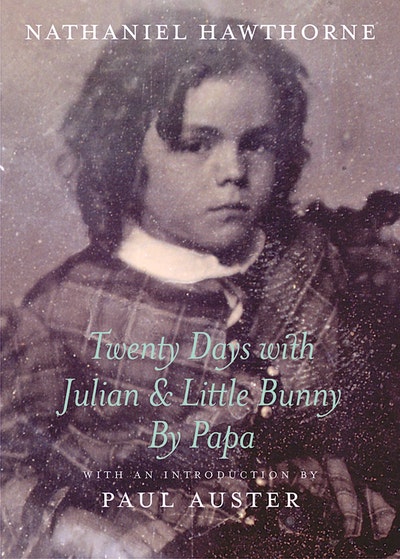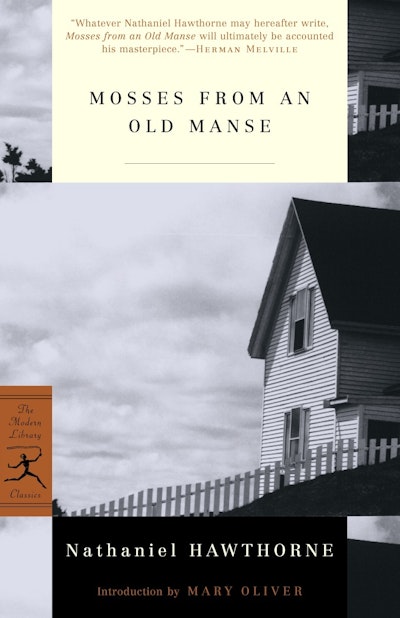- Published: 1 July 2008
- ISBN: 9780099511267
- Imprint: Vintage Classics
- Format: Paperback
- Pages: 288
- RRP: $24.99
The Scarlet Letter
'One of the greatest allegories in all literature' D.H. Lawrence
'One of the greatest allegories in all literature' D.H. Lawrence
Hester Prynne is a beautiful young woman. She is also an outcast. In the eyes of her neighbours she has committed an unforgivable sin. Everyone knows that her little daughter, Pearl, is the product of an illicit affair but no one knows the identity of Pearl's father. Hester's refusal to name him brings more condemnation upon her. But she stands strong in the face of public scorn, even when she is forced to wear the sign of her shame sewn onto her clothes: the scarlet letter 'A' for 'Adulteress'
- Published: 1 July 2008
- ISBN: 9780099511267
- Imprint: Vintage Classics
- Format: Paperback
- Pages: 288
- RRP: $24.99
Other books in the series
About the author
Date: 2013-08-06
Nathaniel Hawthorne was born on 4th July 1804 in Salem, Massachusetts. One of his descendants was John Hathorne who presided over the Salem Witch Trials of 1692. Hawthorne's father died when he was four years old. He was educated at Bowdoin College where he became friends with the poet Henry Wadsworth Longfellow. He published his first novel, Fanshawe in 1828 and after this his stories began to appear in periodicals. He in 1842 and he and his wife Sophia went on to have three children. He published his most famous work, The Scarlet Letter, in 1850, and in that same year he became friends with the novelist Herman Melville. Melville later dedicated Moby Dick to Hawthorne. Between 1853 and 1860 he lived in Liverpool in England while he was working as an American consul, and then in Italy, before returning to his home in Concord, Massachusetts. Nathaniel Hawthorne died on 19th May 1864.
Nathaniel Hawthorne was born on July 4, 1804, in Salem, Massachusetts, the son and grandson of proud New England seafarers. He lived in genteel poverty with his widowed mother and two young sisters in a house filled with Puritan ideals and family pride in a prosperous past. His boyhood was, in most respects, pleasant and normal. In 1825 he was graduated from Bowdoin College, Brunswick, Maine, and he returned to Salem determined to become a writer of short stories.
For the next twelve years he was plagued with unhappiness and self-doubts as he struggled to master his craft. He finally secured some small measure of success with the publication of his Twice-Told Tales (1837). His marriage to Sophia Peabody in 1842 was a happy one. The Scarlet Letter (1850), which brought him immediate recognition, was followed by The House of the Seven Gables (1851). After serving four years as the American Consul in Liverpool, England, he travelled in Italy; he returned home to Massachusetts in 1860. Depressed, weary of writing, and failing in health, he died on May 19, 1864, at Plymouth, New Hampshire.
Praise for The Scarlet Letter
An extraordinary work of the imagination that burns from page to page with the fierce simplicity of scripture and an almost cinematic clarity of vision. The Scarlet Letter is an astounding book full of intense symbolism, as strange and haunting as anything by Edgar Allan Poe
Guardian
Something might at last be sent to Europe as exquisite in quality as anything that had been received
Henry James
No facile answers are provided here. Hester is, after all, guilty; Pearl the "Elfin" child, has devilish traits; the Puritans are given their due. Chillingworth and Dimmesdale are villains because of their hypocrisy but remain sympathetic because they are both self-destructive...
Independent
A defiant adulteress; a community of hypocrites who force her to wear a scarlet letter A around her neck as a badge of her shame; an evil husband, secretly stoking the fires of their moral fervour until it reaches boiling point; and, finally, a stunning public confession in which the woman reveals the identity of her lover, who is then promptly sent to the gallows
Sunday Times
In making fiction out of the excesses of his Puritan ancestors, Hawthorne anticipated the technique of a modern movie-director. He was a master of crowd scenes
Financial Times
[Nathaniel Hawthorne] recaptured, for his New England, the essence of Greek tragedy
Malcolm Cowley











































































